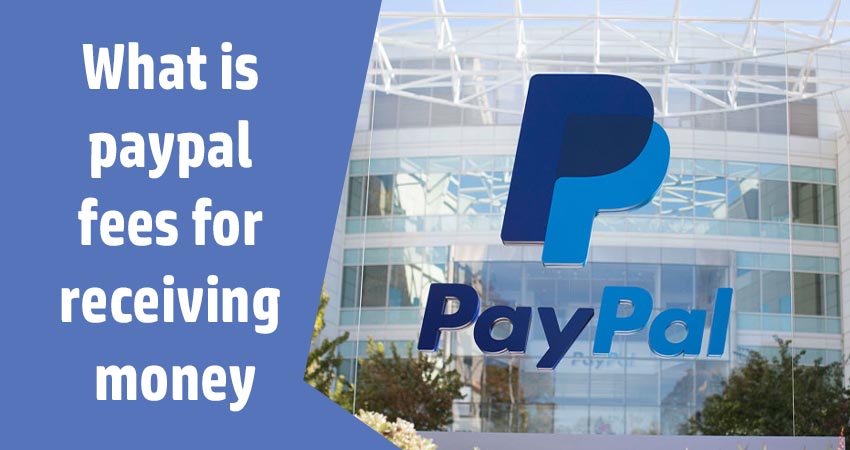One of the main brakes that we still have to overcome when selling online has its origin in the traditional belief that shopping online is not safe. Thanks to systems such as PayPal, a platform owned by the North American company PayPal Holdings Inc., the international scene in the field of electronic commerce has taken a radical turn.
PayPal is a platform that performs the functions of the Internet Payment Service, safely and free of charge. Thanks to PayPal, we can send and receive payments online without sharing your financial information. However, there are many unknowns regarding PayPal, such as What is PayPal fees for receiving money?
We will resolve this and other questions in this article and some tips to do better with PayPal. But first, let’s see what PayPal is and how it works.
What is PayPal, and how does it work?

It is rare for eCommerce that PayPal does not already include PayPal as one of the payment methods for receiving payments on the Internet and facilitating commercial transactions with its users from anywhere in the world.
The main reason that inspires so much confidence in buyers and sellers is, without more, the intermediary position that it holds between banks and businesses that make their sales online. In other words, it is not a bank.
Opening a PayPal account is synonymous with being able to operate with different currencies safely because, although it is not a bank, its operation is governed by the same US state agencies in financial powers and the public treasury.
Thanks to this payment system, you can buy in online stores, transfer money to another account or what is better, sell your products or services in a few steps.
Its only requirements are:
- A credit card or bank account
- A validated email
It is like your digital wallet. You don’t need to retain the digits on your card, let alone remember passwords. Through your email, you can make all your payments.
What are PayPal fees for receiving money?
If you receive money in your PayPal account, the application of fees will depend on the nature of this transfer. If it is a personal transfer received from a loved one, it is possible not to undergo the commission deductions from PayPal, but nothing is sure. Indeed, for countries like the USA, transfers received or sent between relatives are entirely free. But we note that this rule is not applied to all countries.
On the other hand, for transfers for payment, for a sale or a service rendered, you can be sure to pay fees. Commissions are invoiced based on a rate that varies according to the amount of your transfer.
The first thing you should know is that PayPal does not charge first commissions, nor to make withdrawals to your bank account, cancel your account or send money to friends and family who are within the same country.
If you are going to use your account to make purchases, your transactions will also be free of commissions, since it is the seller who bears these costs.
If it is you who receives the money for the sale of products or services, keep in mind that:
- You can only earn money at no cost from friends and family that do not involve currency conversion.
- For the sale of your products or services in the same currency or for currency conversion, you will have to be aware of this applicable list of PayPal fees.
Here’s an idea that’ll help you:
|
Sector |
Fees |
| Opening a PayPal account | No fee |
| For every payment received | 2.9%+$0.30 USD |
| Transfer fund | No fee |
| Every Check issued | 1.50$ |
| Transfer via debit card | $.25 |
Final verdict
Having a PayPal account can offer you many benefits, including the ability to transfer money and make purchases online securely easily. We detail the PayPal fees in this article. But now, all these benefits are not free.
You will, therefore, have several fees to pay, depending on the frequency and nature of transactions on your account. Learn a little more about What is PayPal fees for receiving money, so as not to be surprised when PayPal applies them to you.